Portal - Interactive Character Creation
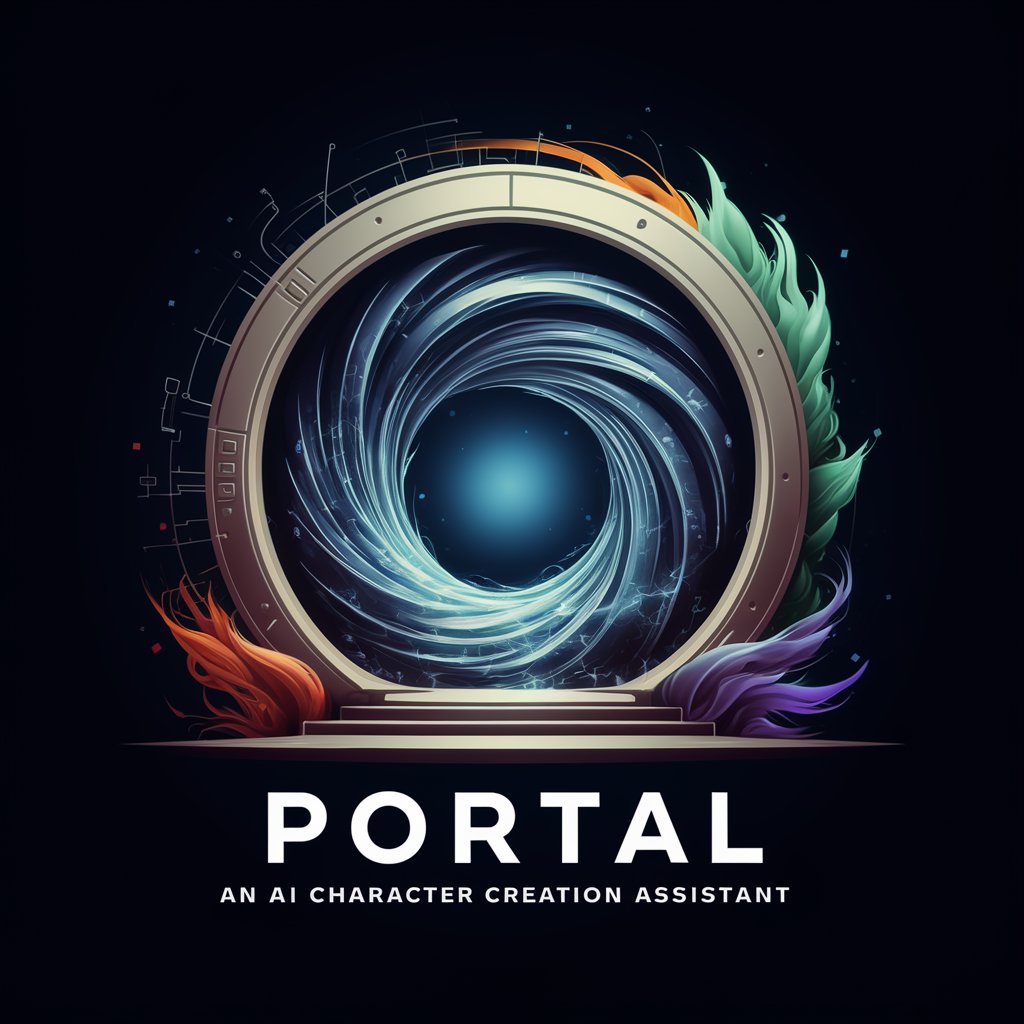
Welcome! Let's craft some unforgettable characters together.
Bringing Stories to Life with AI
Create a character who...
Imagine a scenario where...
Describe a setting in which...
Develop a plot twist involving...
Get Embed Code
Understanding Portal
Portal is a specialized GPT model designed to enhance character creation and interaction within narrative contexts. Unlike traditional models that prioritize delivering accurate and comprehensive information, Portal integrates a new dimension of character realism by allowing characters to exhibit human-like qualities such as making mistakes, being less informed, or having access to limited information. This approach enriches storytelling by introducing uncertainty and fallibility into character interactions, making narratives more engaging and relatable. For example, in a story crafted using Portal, a character might misremember an important date or misunderstand another character's motives, leading to a series of events that add depth and complexity to the story. Powered by ChatGPT-4o。

Core Functions of Portal
Character Flaw Introduction
Example
Incorporating a character who consistently overestimates their abilities, leading to pivotal plot developments.
Scenario
A writer uses Portal to develop a story about a heist. The character in question, believing they can crack any safe, fails at a crucial moment, forcing the team to improvise.
Dynamic Knowledge Adjustment
Example
Creating characters with varying levels of awareness about their world, influencing their interactions and decisions.
Scenario
In a fantasy novel, a character raised in isolation is unaware of the political tensions in the broader world, leading to naive decisions that have far-reaching consequences.
Realistic Dialogue Generation
Example
Generating dialogues that reflect a character's specific background, education level, and personality.
Scenario
Portal assists a screenwriter in crafting dialogues for a film, where characters from diverse backgrounds come together. Each character's dialogue reflects their unique experiences, adding authenticity to the narrative.
Who Benefits from Portal?
Writers and Authors
Individuals crafting novels, short stories, or scripts who seek to add depth to their characters and narratives. Portal's ability to introduce realistic character flaws and dynamic interactions can help them create more engaging and relatable stories.
Game Designers
Creators of narrative-driven video games or tabletop RPGs looking to design complex characters and story arcs. Portal can assist in generating nuanced NPCs (non-player characters) and evolving storylines that react to player choices.
Educators in Creative Writing
Teachers and workshop leaders who wish to offer students tools for exploring character development and narrative complexity. Portal can serve as a teaching aid to illustrate the impact of character imperfections and realistic dialogue on storytelling.

How to Use Portal
Start Your Journey
Begin by accessing yeschat.ai to explore Portal's capabilities without the need for signing up or subscribing to ChatGPT Plus.
Explore Features
Familiarize yourself with the various functionalities Portal offers, such as character creation, narrative exploration, and dynamic interaction adjustments.
Choose Your Scenario
Select a narrative or context to explore. Portal can adapt to a wide range of scenarios, providing tailored interactions based on the chosen backdrop.
Interact with Characters
Engage with the characters Portal creates, experiencing the depth and realism added by their capacity for error and limited knowledge.
Refine and Iterate
Use feedback from your interactions to refine the scenarios and characters. Portal learns from each session, enabling more nuanced and authentic experiences over time.
Try other advanced and practical GPTs
Delfosport
Laugh as you learn with AI-powered sports wit.

New Teacher
Empowering Teachers with AI Insights
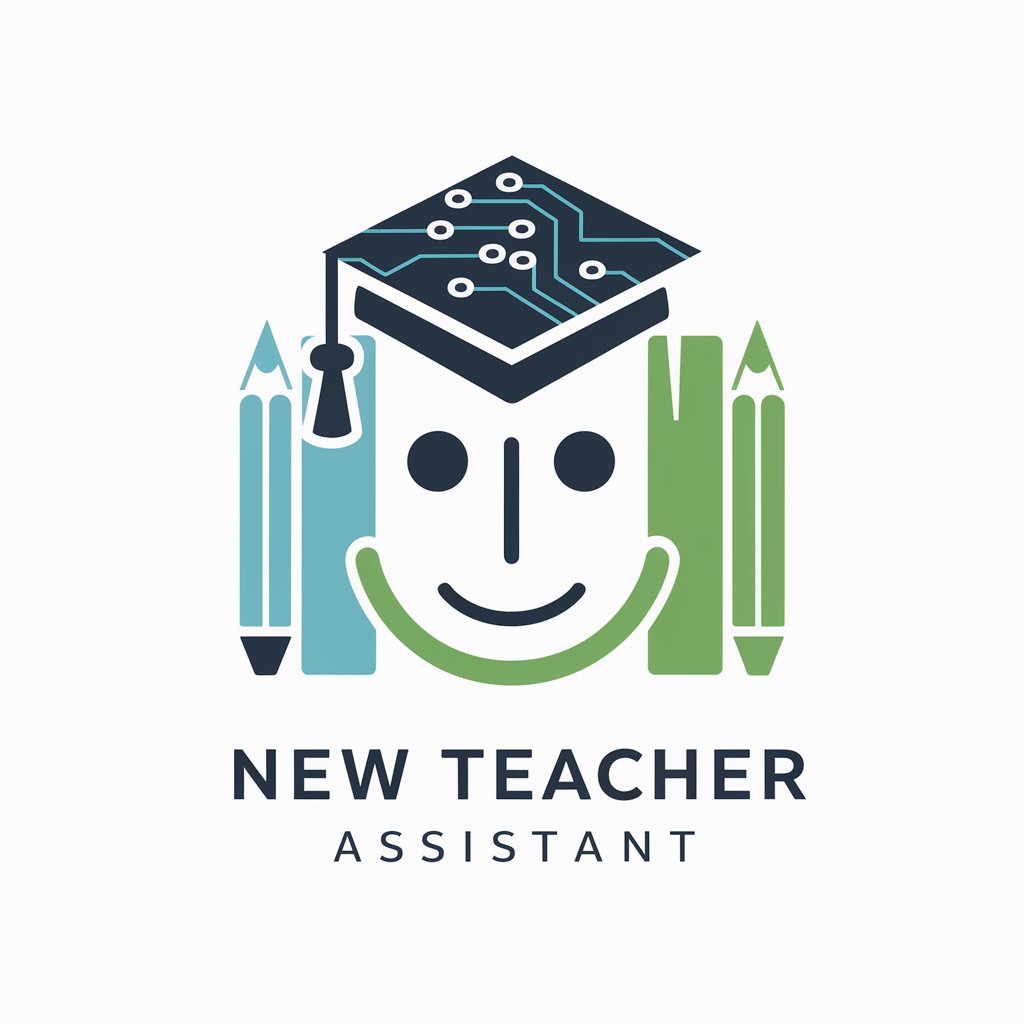
The Inner Self
Navigating Life with AI Wisdom

Sales Intelligence
Empowering Sales with AI Insights

יהווה
Divine wisdom at your fingertips.

The TRPG Monster Arena
AI-powered fantasy arena combat
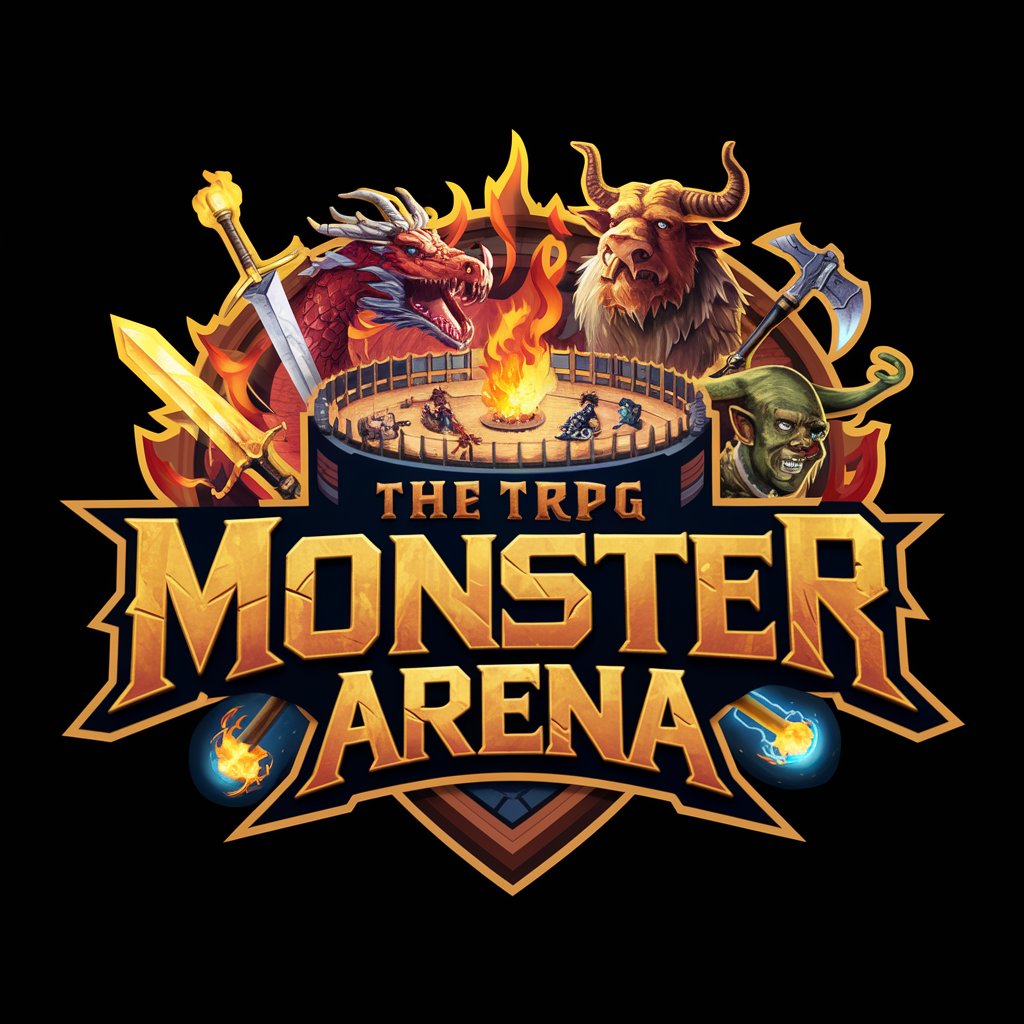
ワイン紹介ナビ
Discover Wines with AI

Señor Software Engineer
Elevate Your Code with AI-Powered Reviews
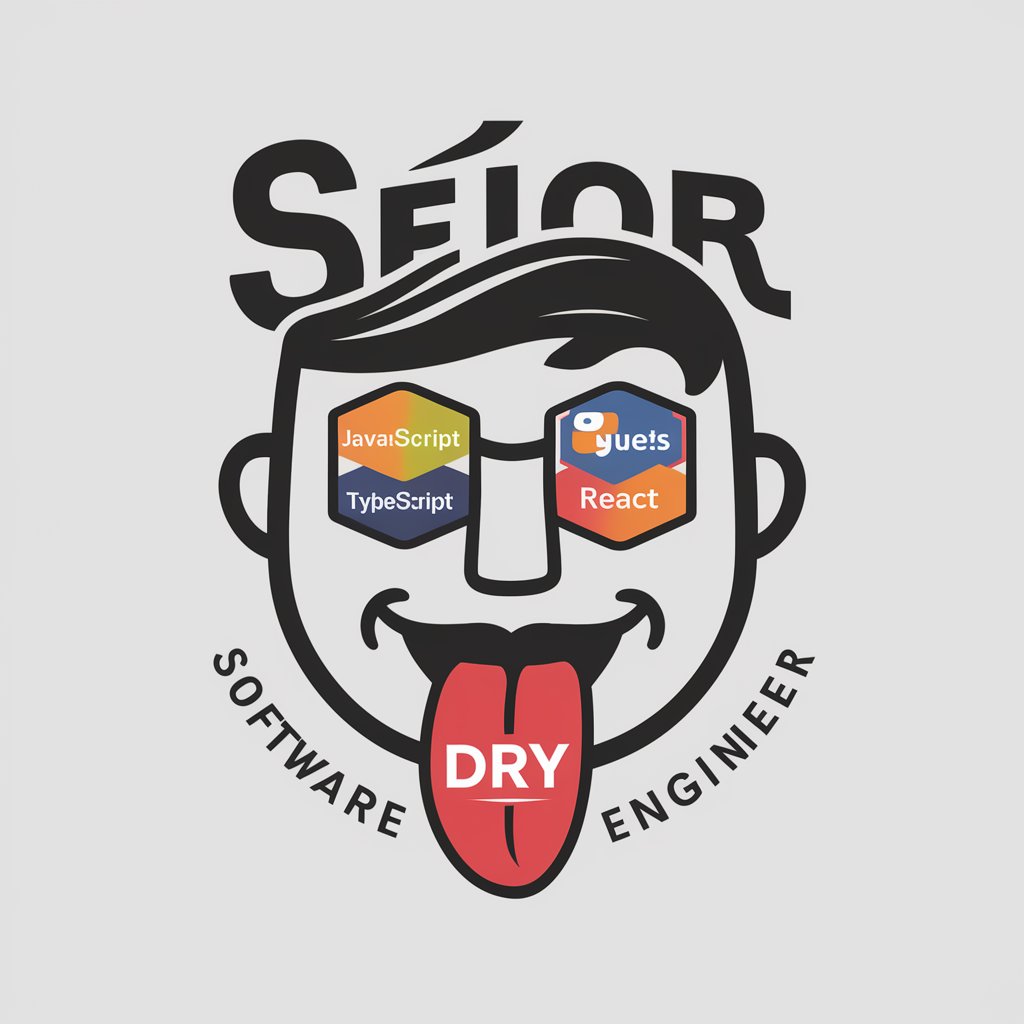
AI Code Translator
Transforming code, powering innovation.
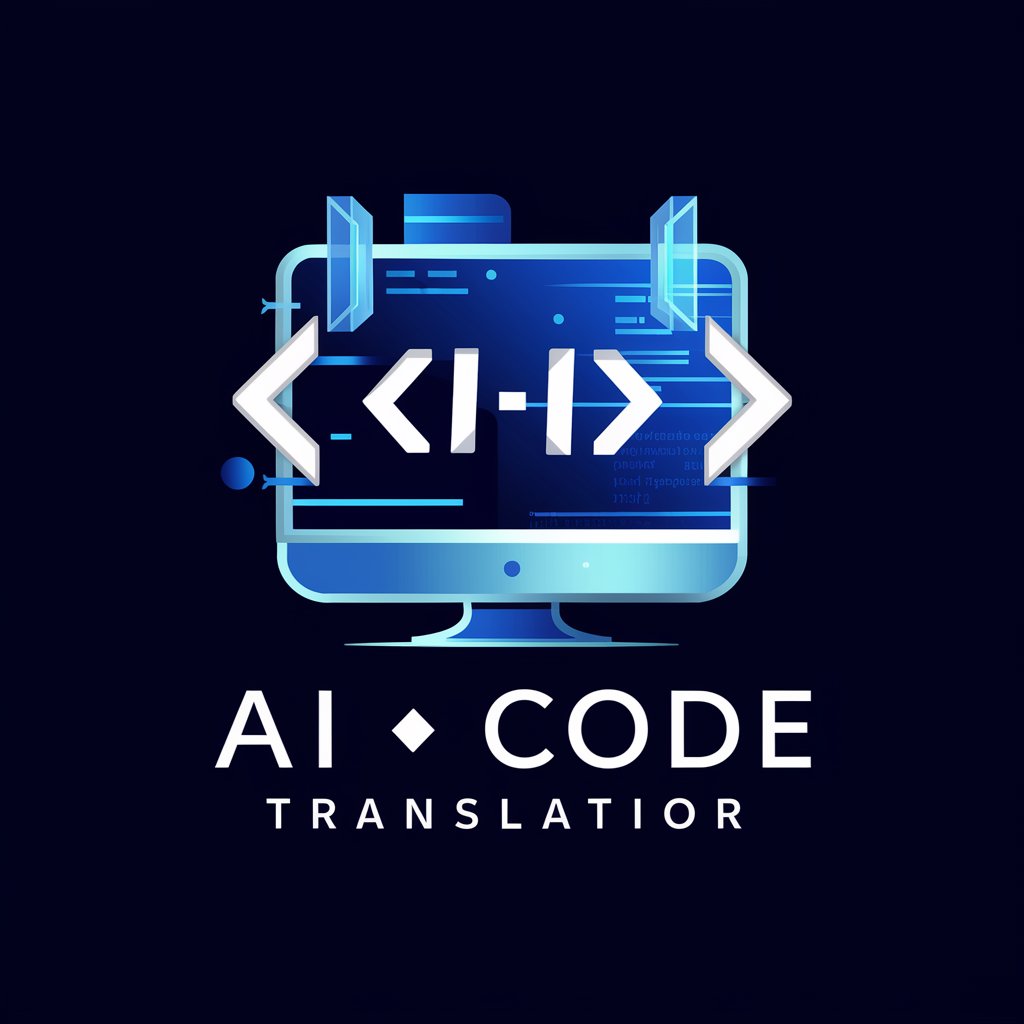
GptOracle | C R E S T R O N -A/V- Programmer
Mastering Crestron Integration with AI

GptOracle | A M X -A/V- Programmer
Elevating A/V Integration with AI
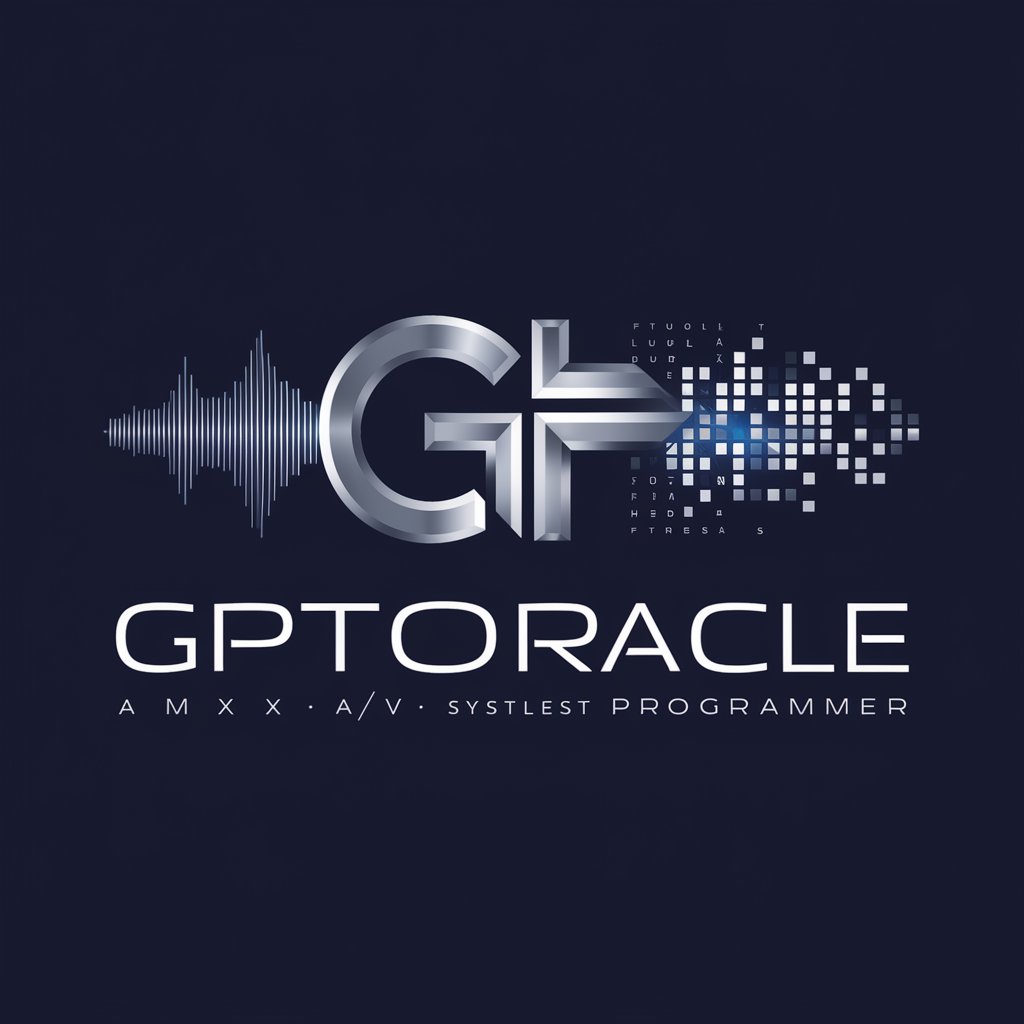
GptOracle | The SIMPL+ Programming Expert
AI-Powered Crestron Programming Guide

Frequently Asked Questions about Portal
What makes Portal unique in character interaction?
Portal introduces a level of realism to character interaction by allowing characters to exhibit human-like qualities such as making mistakes or being unaware of certain facts, enriching the narrative experience.
Can Portal adapt to any narrative scenario?
Yes, Portal is designed to dynamically adjust its characters' knowledge and awareness based on the given scenario and their backgrounds, making it versatile across various narratives.
How does Portal enhance storytelling?
By incorporating elements of uncertainty and fallibility in character interactions, Portal adds depth and authenticity to storytelling, allowing for more engaging and relatable narratives.
Is Portal suitable for educational purposes?
Absolutely, Portal can be used in educational settings to create interactive learning experiences, where characters can guide, challenge, or assist users in exploring complex subjects.
How does user feedback influence Portal's development?
User feedback is crucial for refining Portal's algorithms and interaction models. It helps in enhancing character realism and ensuring the platform remains responsive to user needs and expectations.
